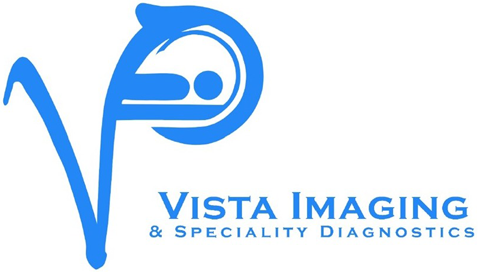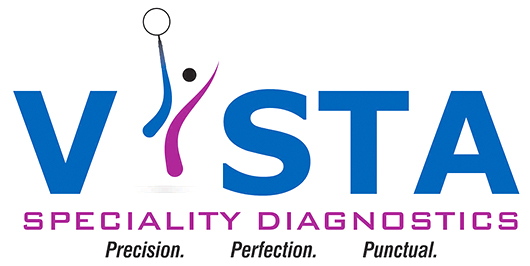Ensuring good bone health is crucial for everyone. Strong bones support our bodies and protect our internal organs. Poor bone health can lead to conditions like osteoporosis, making bones weak and prone to fractures. Such conditions can seriously affect a person’s well-being and longevity.
A bone mineral density test is a key tool in assessing bone health. This test measures how much calcium and other minerals are present in a segment of bone. Think of it as a snapshot of your bone strength. These tests are especially important for detecting osteoporosis, a condition where bones become brittle.
So, why should you care about these tests? Bone mineral density tests help doctors spot problems before fractures happen. This means they can recommend treatments to strengthen bones early. For many, especially those at risk, getting a bone mineral density test can be a lifesaver.
In simple terms, these tests help doctors check your bones’ health. By understanding the health of your bones, you can take steps to maintain and even improve it. This proactive approach is vital for maintaining overall health and longevity.
The Science and Procedure Behind Bone Mineral Density Tests
The technology behind bone mineral density tests is fascinating. The most common technology used is the DEXA scan. This scan uses a low dose of X-rays to measure the density of your bones. It’s a simple and painless procedure that gives accurate results.
During a bone mineral density test procedure, a DEXA scanner sends X-ray beams through the bones. It captures images that measure the number of minerals in your bones, typically in your spine, hip, and sometimes your wrist. The measurements from the scan tell how solid the bones are.
Here’s what to expect during the bone mineral density test procedure:
- You will lay on a table while the arm of the machine passes over your body.
- The process is quick and you won’t feel any discomfort.
- No special bone mineral density test preparation is needed beforehand.
Understanding this basic procedure helps anyone feel more comfortable about getting their bones checked. Since it’s straightforward and non-intrusive, a bone density test is quite user-friendly for all age groups.
When and Why Should You Consider a BMD Test?
Knowing when to get a bone mineral density test can make a big difference in your health. Generally, experts recommend this test for certain people.
First, consider your age. Women over the age of 65 and men over 70 are prime candidates. However, younger folks aren’t always in the clear. If you have had broken bones easily or a family history of osteoporosis, you might need testing earlier. Certain medications and diseases also increase risk and warrant testing.
Understanding your personal risk factors is important. Early diagnosis can prevent future complications. For women, especially after menopause, bones can weaken quicker. Older adults also face a higher risk. Thus, knowing when and why to consider a BMD test is essential for maintaining bone health.
Interpreting Results and Planning Next Steps
Once the BMD test results are in, doctors use them to assess bone health. These results are typically presented as a T-score:
- T-score of -1.0 and above: Normal bone density.
- T-score between -1.0 and -2.5: Indicates low bone density or osteopenia.
- T-score of -2.5 and below: Suggests osteoporosis, a condition where bones are very weak.
Once the test is done and results are in, you might ask, “what now?”.
- Lifestyle Changes: If your T-score shows low bone density, consider adopting healthier lifestyle habits. This includes regular exercise, which improves bone strength.
- Dietary Adjustments: Increasing calcium and vitamin D intake is crucial. These nutrients support bone health. Foods like dairy, leafy greens, and fish are great sources.
- Consult Your Doctor: If the results show you have osteoporosis or are at risk, a medical consultation is vital. Your doctor may suggest medication to help strengthen bones.
Arming yourself with knowledge about your bone health allows you to take necessary steps. By understanding the bone mineral density test results, you play an active role in maintaining your health. Whether through lifestyle changes, diet, or medical advice, taking steps towards stronger bones is always a good move.
Involving oneself in keeping bones healthy is crucial. By recognizing the importance of the bone mineral density test, you’re taking an important step towards long-term well-being.
A Bone Mineral Density (BMD) test is a painless and non-invasive diagnostic procedure used to measure the density of bones, helping to assess the risk of fractures and conditions like osteoporosis. This test is essential for detecting early bone loss and determining the need for preventive treatments or lifestyle changes. If you’re concerned about your bone health or have a family history of bone disorders, early screening is crucial.
At Vista Imaging and Specialty Diagnostics, we offer accurate and reliable bone mineral density testing, along with expert analysis to guide your treatment plan.
Consult Vista Imaging and Specialty Diagnostics today to get a comprehensive assessment of your bone health and take proactive steps toward a stronger future.


